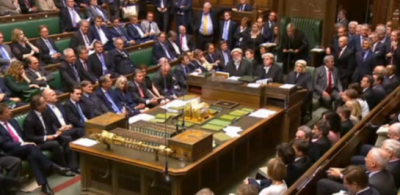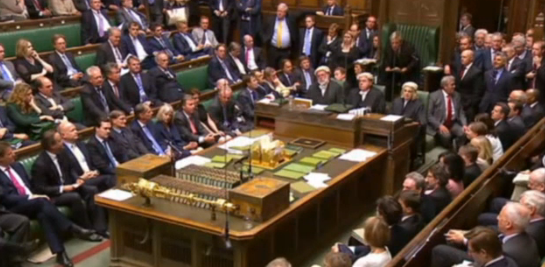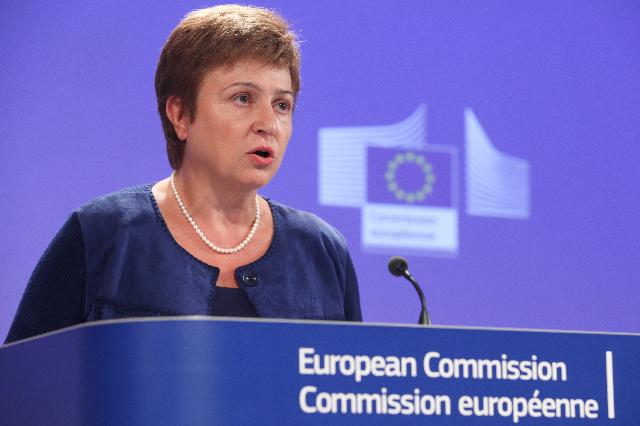Strikes in Syria: not now! answer the Brits. A model to follow?

(BRUSSELS2, analysis) A political slap in the face. Certainly. Even a little more. A suprise. Without a doubt. But the clear "no" from the British parliament (*) last night (Thursday, August 29) to the use of military strikes in Syria has another interest. It reminds supporters of military action decided by the executive alone - a concept that is applied ... only in France - that the use of military force in a democracy can perfectly be accompanied by democratic rules. - that is to say not only the control by the Parliament of this use but also its authorization.
For Cameron, more than a slap, a real hara kiri
The parliamentarians rejected the government motion by 285 votes against and 272 for. That is a difference of 13 votes, clear enough to rule out any discussion. In fact, according to the British newspapers, the Labor Party is joined by the voices of 30 Conservative MPs (around thirty) and 9 LibDem! It is, in fact, this contribution of deputies of the majority which swung the vote. In a country traditionally interventionist, and which has rarely been reluctant to sacrifice the lives of its soldiers, overseas, we can say that it is a little more than a slap in the face, a real disavowal, a severe hardening. In the kingdom of Cameron, there is a hell of a problem...
Two interpretations
This "no" can be interpreted in two ways: either a reaction of defiance vis-à-vis the military action in itself, or a political assessment that the military action was not justified or not motivated enough in the present case. I'm leaning towards this second interpretation. The British - of all persuasions - face a rather extroverted danger, preferring to bear the iron than suffer it. And even if the politicians' ulterior motives were not absent during this vote, there is no doubt that they would have given way to a real assessed danger. The example of Iraq - and its lies about the weapons of mass destruction of the Blair government - but also of Afghanistan - with a commitment supposed to be short but which lasted for several years - certainly weighed on people's minds. , during the seven hours that an interesting debate lasted (to download the report of the minutes, it is here).
The British system: a model?
The British system of democratic control of armed intervention has advantages. It combines flexibility of intervention and democratic control. It allows democratic discussion or even censorship of the executive's draft decision... The vote is immediate as soon as the executive asks for it to decide whether or not to take military action. It is not encumbered with a certain heaviness that predominates in the German model, with a stricter, more formal framework, fixing the number of personnel and materials involved, around a legislative project. The executive presents a motion (resolution - download the one on Syria here) in the form of a few paragraphs justifying the use of force and authorizing military action. Political parties can submit amendments. Speed is key, with submission, amendments and vote within 24-48 hours. A model to follow? In any case, to study closely.
A clear lesson in democracy
After the vote on the motion, answering a question from Ed Milliband, the tenor of the opposition, Prime Minister Cameron assured that this vote reflected the choice of the British people and that there would be no British military engagement in Syria after this vote. At least until the House of Commons changes its position.


Comments closed.